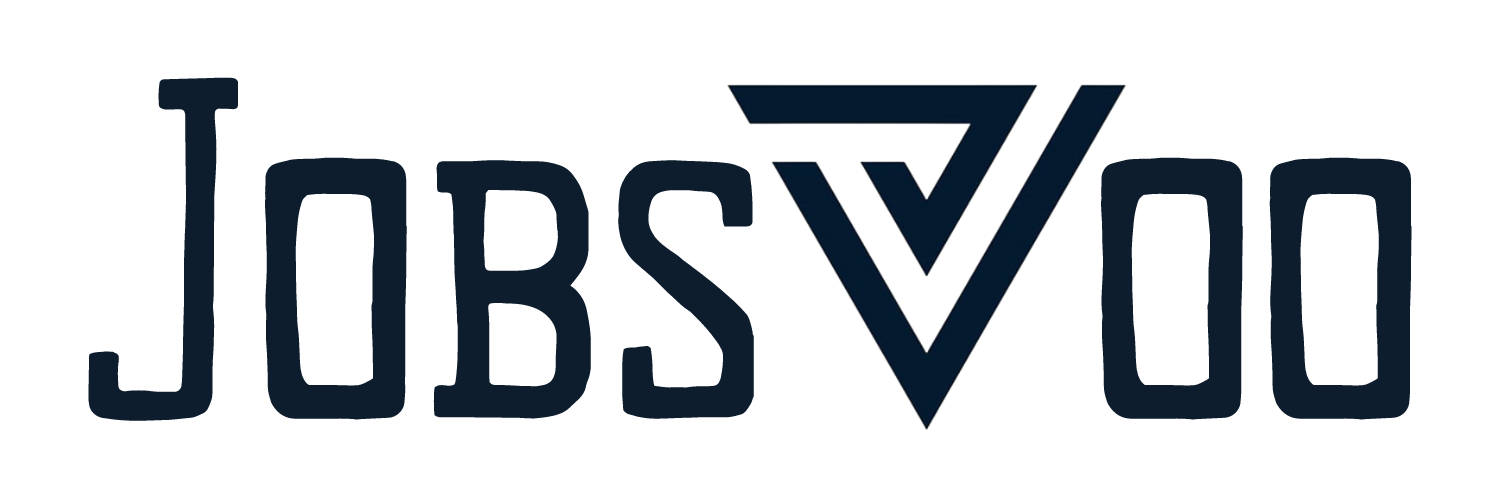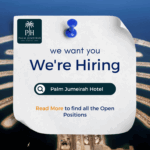Introduction
Every job interview is a chance to showcase your skills, experience, and personality to a potential employer. While each interview is unique, many questions tend to recur across different industries and roles. By preparing for these common questions, you can enter the interview room with confidence, ready to provide thoughtful and compelling answers. Let’s delve into these common interview questions and explore how you can answer them effectively.
Understanding the Purpose of Common Interview Questions
Employers ask certain questions to gauge specific attributes such as your problem-solving abilities, cultural fit, and professional experience. Recognizing the purpose behind these questions can help you tailor your answers to meet the interviewer’s expectations.
Tell Me About Yourself
This question is often used as an icebreaker and gives you the chance to set the tone for the interview. A strong response should provide a concise summary of your professional background, highlight your key achievements, and explain why you are interested in the role.
How to Answer: Start with your current position, mention past roles that are relevant, and conclude with why you are excited about this opportunity. For example, “I have been working as a marketing manager for the past five years, where I developed and executed campaigns that increased our online engagement by 40%. I am particularly excited about this role because of the opportunity to work with a dynamic team and further develop my skills in digital marketing.”
Why Do You Want to Work Here?
Interviewers want to know if you have done your homework about the company and if your values align with theirs. Your answer should reflect your knowledge of the company’s culture, mission, and recent achievements.
How to Answer: Research the company thoroughly and mention specific aspects that appeal to you. For instance, “I am impressed by your commitment to innovation and sustainability. Your recent project on renewable energy solutions aligns with my passion for green technologies, and I am eager to contribute to such forward-thinking initiatives.”
What Are Your Strengths?
This question allows you to highlight your best qualities and how they relate to the job. Choose strengths that are relevant to the role and provide examples to illustrate them.
How to Answer: Be honest and specific. “One of my key strengths is my ability to lead teams effectively. In my previous job, I managed a team of 10 people and successfully increased our project completion rate by 20% through improved communication and delegation.”
What Are Your Weaknesses?
While this question may seem tricky, it’s an opportunity to demonstrate self-awareness and a willingness to grow. Choose a genuine weakness and explain how you are working to improve it.
How to Answer: Provide a real weakness and discuss the steps you are taking to overcome it. “I used to struggle with public speaking, but I have been taking courses and practicing regularly. Recently, I delivered a presentation to a large audience, which was well-received.”
Describe a Challenge You’ve Faced and How You Overcame It
This question assesses your problem-solving skills and resilience. Choose a specific example that demonstrates your ability to handle pressure and find effective solutions.
How to Answer: Use the STAR method (Situation, Task, Action, Result) to structure your response. “In my previous role, we faced a major project delay due to supplier issues (Situation). I coordinated with alternative suppliers and restructured the project timeline (Task). Through these actions, we managed to complete the project on time, satisfying our client (Result).”
Where Do You See Yourself in Five Years?
Interviewers ask this question to understand your career goals and see if you are likely to stay with the company long-term. Your answer should show ambition but also align with the company’s trajectory.
How to Answer: Be realistic and align your goals with the company’s growth. “In five years, I see myself taking on more leadership responsibilities and contributing to strategic decisions within the company. I am excited about the potential career paths at your organization and believe my skills in project management will help me achieve these goals.”
How Do You Handle Stress and Pressure?
This question evaluates your ability to perform under stress. Employers look for candidates who can maintain composure and productivity in challenging situations.
How to Answer: Provide specific techniques you use to manage stress. “I prioritize tasks and break them into manageable steps to prevent feeling overwhelmed. For example, during a tight deadline last year, I created a detailed schedule and focused on one task at a time, which helped me complete the project efficiently.”
What Motivates You?
Understanding what drives you can help employers determine if you will be a good fit for the role and company culture. Choose motivations that align with the job and company values.
How to Answer: Be genuine and relate your motivation to the job. “I am motivated by creative problem-solving and continuous learning. I enjoy tackling complex challenges and finding innovative solutions, which is why I am drawn to this role in your dynamic and forward-thinking team.”
Why Are You Leaving Your Current Job?
This question can be delicate, so it’s important to frame your answer positively. Avoid speaking negatively about your current or previous employers.
How to Answer: Focus on what you are looking for in a new opportunity rather than criticizing your current job. “I am seeking new challenges and opportunities for growth that align with my career goals. I have learned a lot in my current role, but I am excited about the possibility of contributing to your team and taking on more responsibility.”
What Are Your Salary Expectations?
Discussing salary can be tricky, but it’s important to approach it with research and confidence. Know the market rate for the position and your level of experience.
How to Answer: Provide a range based on your research and be open to negotiation. “Based on my research and experience, I am looking for a salary in the range of $60,000 to $70,000. However, I am open to discussing this further based on the total compensation package and growth opportunities.”
You can research about salary in Indeed & Glassdoor.
How Do You Prioritize Your Work?
Employers want to know how you manage your time and tasks effectively. Your answer should demonstrate your organizational skills and ability to meet deadlines.
How to Answer: Describe your approach to prioritizing tasks. “I prioritize my work by assessing the urgency and importance of each task. I use tools like to-do lists and project management software to keep track of deadlines and ensure that I focus on high-priority tasks first.”
Can You Describe Your Ideal Work Environment?
This question helps employers determine if you will fit well within their company culture. Your answer should reflect an environment that aligns with the company’s values and work style.
How to Answer: Be honest about what works best for you while showing flexibility. “I thrive in collaborative environments where teamwork and open communication are valued. I appreciate companies that encourage innovation and provide opportunities for continuous learning and development.”
Why Should We Hire You?
This is your chance to sell yourself and highlight why you are the best fit for the role. Summarize your strengths, experience, and enthusiasm for the position.
How to Answer: Combine your skills, experience, and passion for the job. “With my extensive background in project management and my passion for driving successful outcomes, I believe I can make a significant contribution to your team. I am particularly excited about your innovative approach and look forward to bringing my skills to support your goals.”
How Do You Handle Conflict at Work?
Conflict resolution skills are essential in any workplace. Employers want to see that you can handle disputes professionally and constructively.
How to Answer: Provide an example of how you resolved a conflict. “When conflicts arise, I address them directly and calmly. For instance, when two team members had a disagreement over project responsibilities, I facilitated a meeting to discuss their concerns and find a compromise that satisfied both parties. This approach helped maintain a positive team dynamic.”
What Are Your Career Goals?
Interviewers ask this to understand your long-term plans and see if they align with the company’s future. Your goals should demonstrate ambition and a commitment to your professional development.
How to Answer: Link your goals to the potential growth within the company. “My career goal is to take on more leadership roles and contribute to strategic initiatives within the company. I am eager to develop my skills further and work on projects that drive business growth.”
Tell Me About a Time You Failed
Discussing failure can be uncomfortable, but it’s an opportunity to show resilience and a growth mindset. Choose an example that highlights what you learned from the experience.
How to Answer: Be honest and focus on the lessons learned. “In my previous role, I underestimated the time required for a project, leading to a missed deadline. This experience taught me the importance of detailed planning and realistic time management. I now incorporate buffer time in my schedules to account for unforeseen challenges.”
FAQs
How should I answer behavioral interview questions?
Use the STAR method (Situation, Task, Action, Result) to structure your answers, providing specific examples that highlight your skills and experience.
What is the best way to prepare for an interview?
Research the company, review common interview questions, practice your answers, and prepare questions to ask the interviewer. It’s also helpful to conduct mock interviews with a friend or mentor.
How do I handle questions about salary expectations?
Research the market rate for the position and your experience level. Provide a reasonable range and express openness to negotiation based on the total compensation package.
How can I make a good impression in an interview?
Dress appropriately, arrive on time, be polite and enthusiastic, listen carefully, and provide thoughtful, concise answers. Follow up with a thank-you note to express your appreciation for the opportunity.
What should I do if I don’t know the answer to a question?
It’s okay to take a moment to think before responding. If you’re unsure, be honest and explain how you would find the information or approach the situation.
Helpful Link: How Can I Improve My Chances of Getting an Interview
Conclusion
Preparing for common interview questions can significantly boost your confidence and performance in job interviews. By understanding the intent behind these questions and crafting thoughtful responses, you can effectively demonstrate your skills, experience, and suitability for the role. Remember, each interview is an opportunity to learn and improve, so approach it with a positive attitude and a willingness to grow. Good luck!





